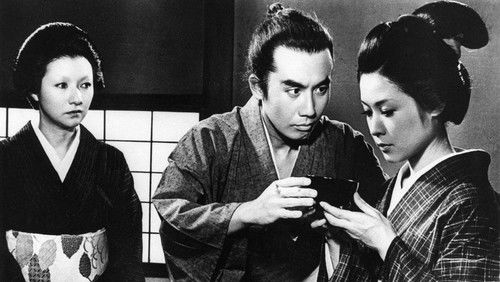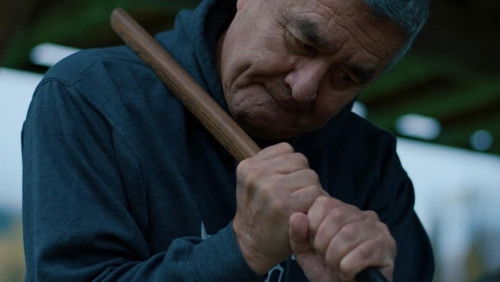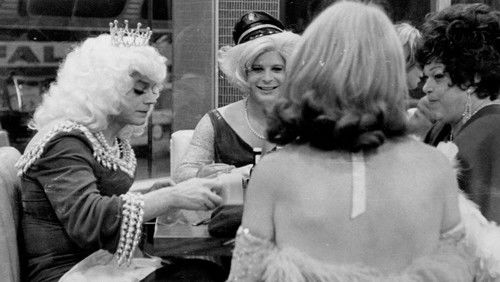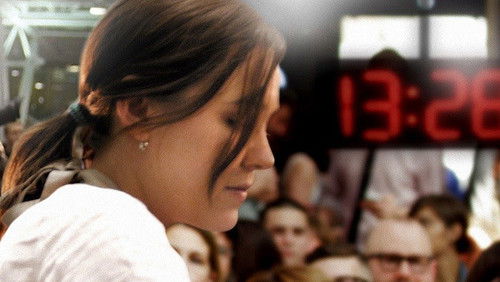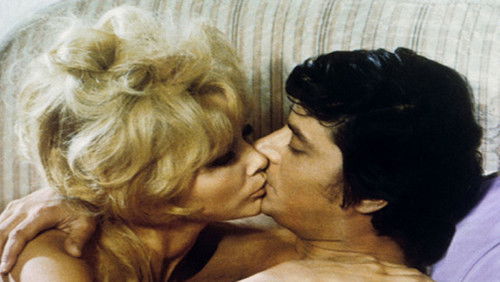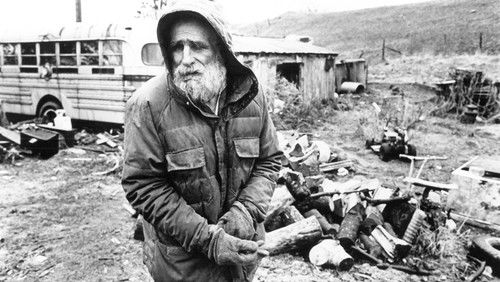No Intenso Agora (2017)
32KNo Intenso Agora: Directed by João Moreira Salles. A personal essay which analyses and compares images of the political upheavals of the 1960s. From the military coup in Brazil to China’s Cultural Revolution, from the student uprisings in Paris to the end of the Prague Spring.
“At times interesting, No Intenso Agora struggles to reach a point, hence its length. It is ultimately a film about the loss of something unexperienced. The director narrates mostly amateur footage from u0026#39;68 in order to understand the u0026quot;intense nowu0026quot; that supposedly existed then, and only then.u003cbr/u003eu003cbr/u003eAgain, weu0026#39;re back to Paris u0026#39;68 in all its monotony. The director explores the commodification of the movement without going far enough to question whether the focus or u0026quot;magicu0026quot; we attach to that time is itself a product of this commodification. Or differently, without this stock interpretation of history, whether the arrogance of France to consider its own politics as particularly special is justified, and whether our accepting this moves us further from the truth, which is that an u0026quot;intense nowu0026quot; is still available, lived or visible without masturbating over the same old images of France in the u0026#39;60s.u003cbr/u003eu003cbr/u003eThe film also includes his mother, making this a more Freudian project, and her images of China, which the director describes as badly shot despite being the most visually interesting the film has to offer. I wonder how he would describe his own narration here? As it drones and meanders like its hastily recorded to get the timing of a rouch cut down before doing it again properly later.u003cbr/u003eu003cbr/u003eThe film and its narration take a turn for the better about halfway through, with welcome respite from May u0026#39;68 in the form of Prague, its (re)invasion by the USSR and Warsaw Pact countries, and the aftermath. The amateur films are better, they are given much more space, and the directoru0026#39;s analysis of them is sharper. The events, too, seem far more significant. When returning to France, the contrast adds a certain hilarity to all the performative posturing which all too quickly gives way to loud, complaint-filled passivisity and obedient labour.u003cbr/u003eu003cbr/u003eThe comparison is drawn, the point is almost reached. Why join in with the previous generationu0026#39;s nostalgia for its selectively remembered youth? Was there ever really an intense now for more than a select few? Is it telling that, as soon as we look elsewhere, a greater honesty and depth of feeling is found almost immediately? Is there an honest attempt here to reach an u0026quot;intense nowu0026quot; or is this an action designed to further distance us from it, and, if so, why?”
